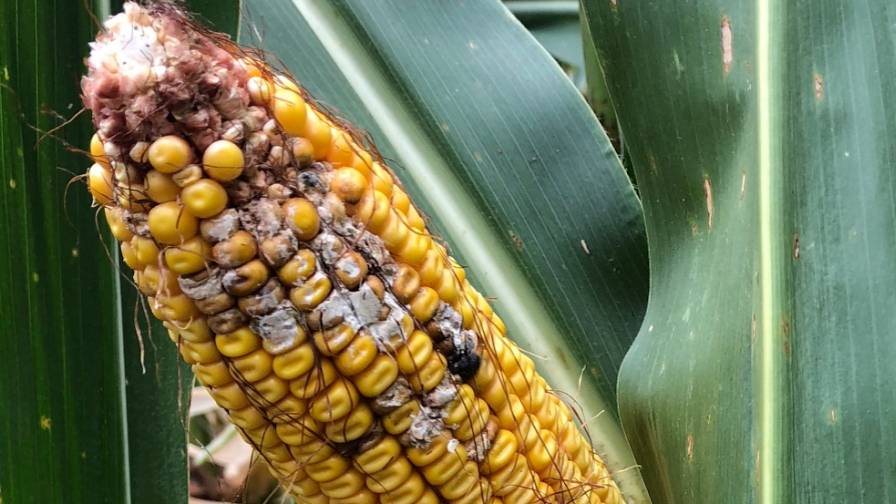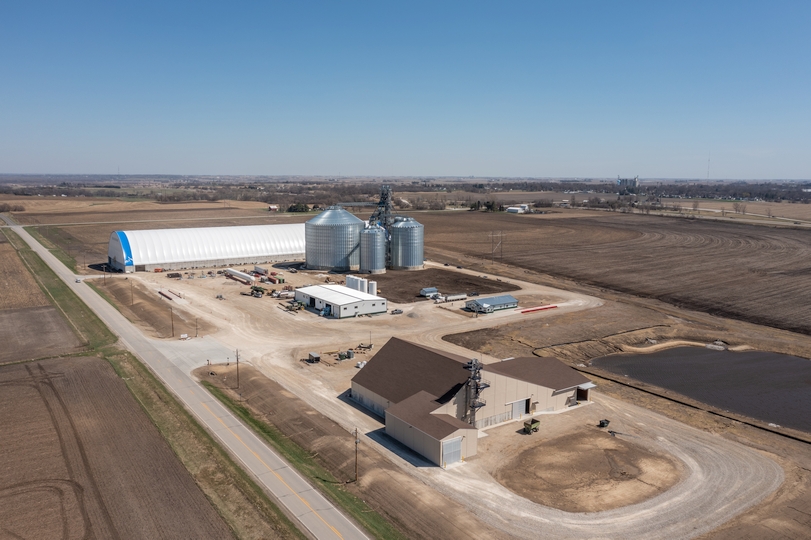Precision Ag, Weed Control Practices Both Key In Herbicide Resistance Fight
Integrating precision ag technology with long-time weed control practices may allow producers to increase weed control effectiveness, reports Loretta Sorensen for Missouri Farmer Today.
Kansas State University weed ecology professor Anita Dille, said increased weed resistance to herbicides is forcing producers to rethink weed management strategies in order to suppress the spread of resistant species.
Pre- and post-emergent weed control products have been available for some time. However, combining those tools with precision ag technology could help producers target weed problems at specific sites and slow development of herbicide resistance.
“For many years, weed management was simple. Weeds come up, you spray them and the field is clean,” Dille said. “Now, that approach has stopped working. For an effective weed management strategy, we need to bring back some of our understanding of how weeds are distributed in fields, weed life cycles and signs of resistant patches.”
One new tool producers can use to improve herbicide effectiveness is to identify the variable soil types in each field.
Scientists know some soil-applied herbicide perform differently in different soil types. That means killing weeds may require less herbicide in some areas of the field and more in others.
“Herbicide labels specify rates for coarse, medium and fine soils,” Dille said.
Read the full report from Sorensen on Missouri Farmer Today.






